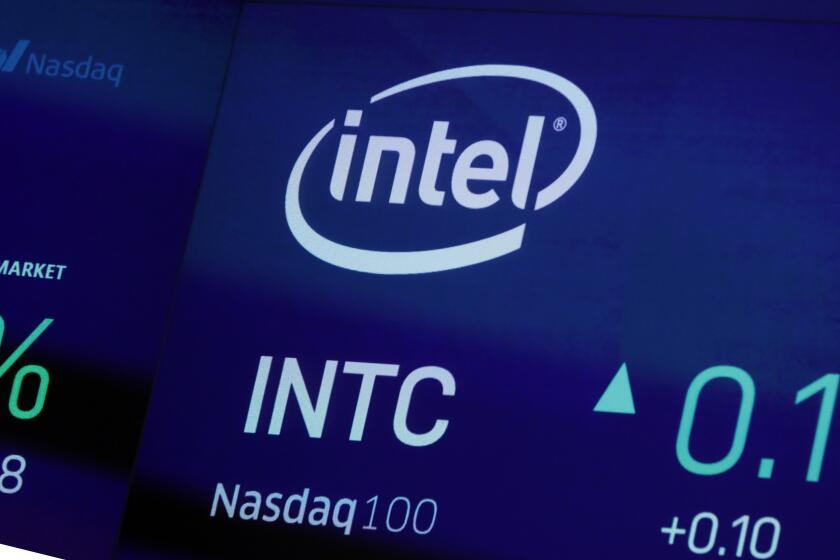Privacy Protection
A consumer’s name and Social Security number are worth a good deal of money. More so if they come with address, phone number, credit card purchases and bank account balance. Banks, which have all this information on their depositors, are raking it in, selling data about their customers to just about anyone who will pay for it. This blatant violation of personal privacy can be stopped with an amendment to banking reform legislation, now close to enactment. Such an amendment has been proposed, has the full backing of the government and consumers and should be adopted.
The privacy issue is a tiny, but increasingly thorny, part of long-overdue legislation designed primarily to allow banks, insurance companies and brokerage houses to affiliate under one roof. Years in the making, the measure has broad bipartisan support and is expected to pass this fall once the House and Senate versions have been reconciled. If adopted, it will transform banks into financial conglomerates taking deposits, selling insurance and trading stocks.
If the banks had their way, there would be no restrictions on what they do with customer data. Adverse medical records obtained by an applicant for life insurance could be sent to the lending affiliate, which could then deny a mortgage or require the purchase of an insurance policy. Cashing in a life insurance policy could bring a call from the bank’s brokerage affiliate, soliciting business.
After a blizzard of adverse publicity, the banks agreed to give customers the modest right to “opt out” of disclosure to outsiders unaffiliated with the bank. That doesn’t go far enough. As Comptroller of the Currency John D. Hawke, the country’s top banking regulator, told a House banking subcommittee Wednesday, unrestricted sharing of customer data among affiliates would undermine the trust on which the banking system is built.
Rep. Edward J. Markey (D-Mass.) proposed an amendment that would allow customers to opt out of any disclosure, either to outsiders or to the banks’ affiliates. That is the minimum provision the final bill should include. It would be even better if banks had to get explicit permission--an “opt in”--but such a consumer-friendly idea has little chance of consideration.
The House-Senate conference committee, in drawing up the final version of the bill, should also delete a sinister anti-privacy provision inserted into the bill by Rep. Greg Ganske (R-Iowa) that would allow health insurers to sell medical records to other insurance companies without the consent or even knowledge of the patient. Ganske’s bill, adopted by the House without public debate, would shred even the meager protections some states have tried to enact.
Banks have frittered away the confidence of their customers and lost their case for self-regulation. A law giving consumers some control over their private financial and medical records is the only reasonable recourse.
More to Read
Inside the business of entertainment
The Wide Shot brings you news, analysis and insights on everything from streaming wars to production — and what it all means for the future.
You may occasionally receive promotional content from the Los Angeles Times.









